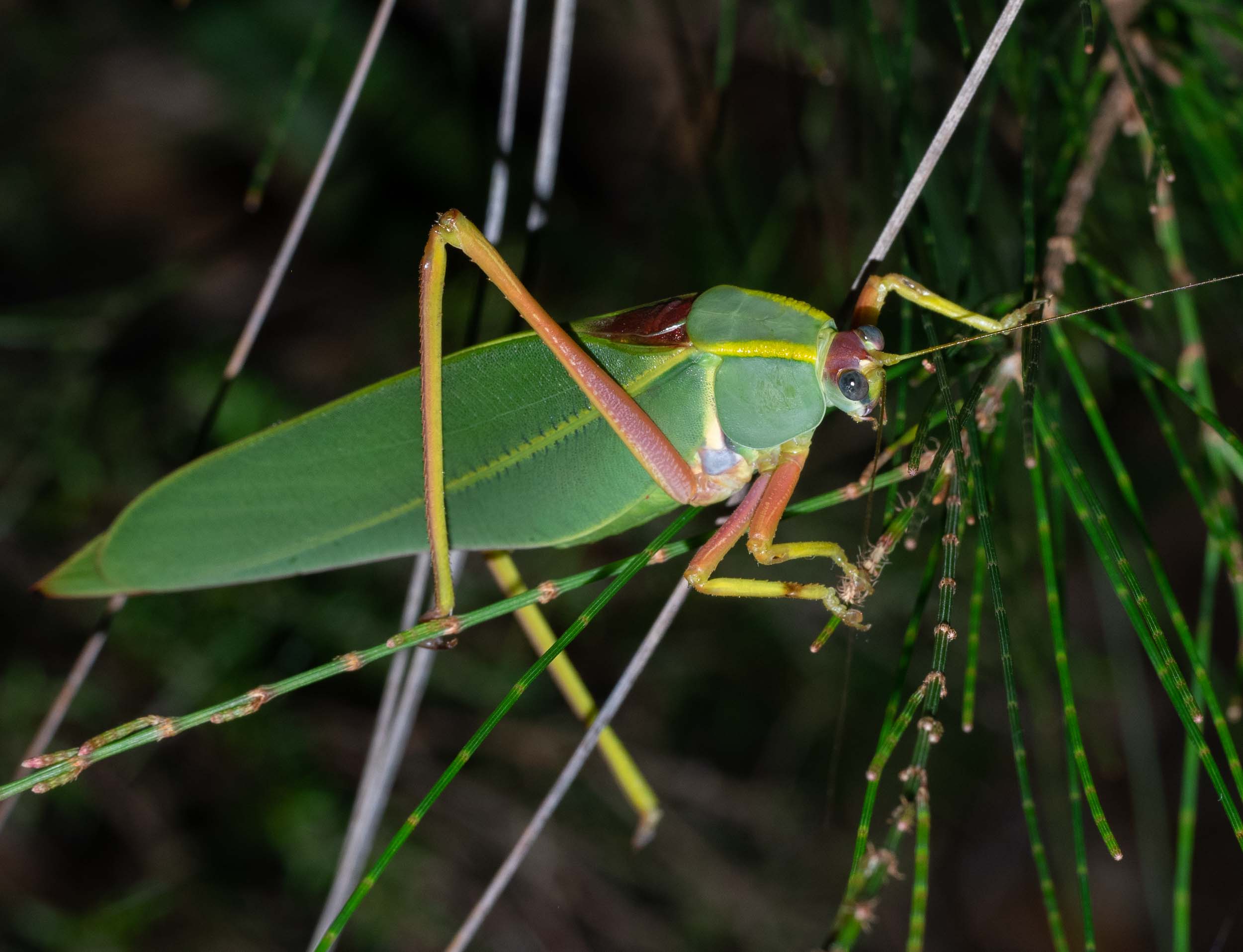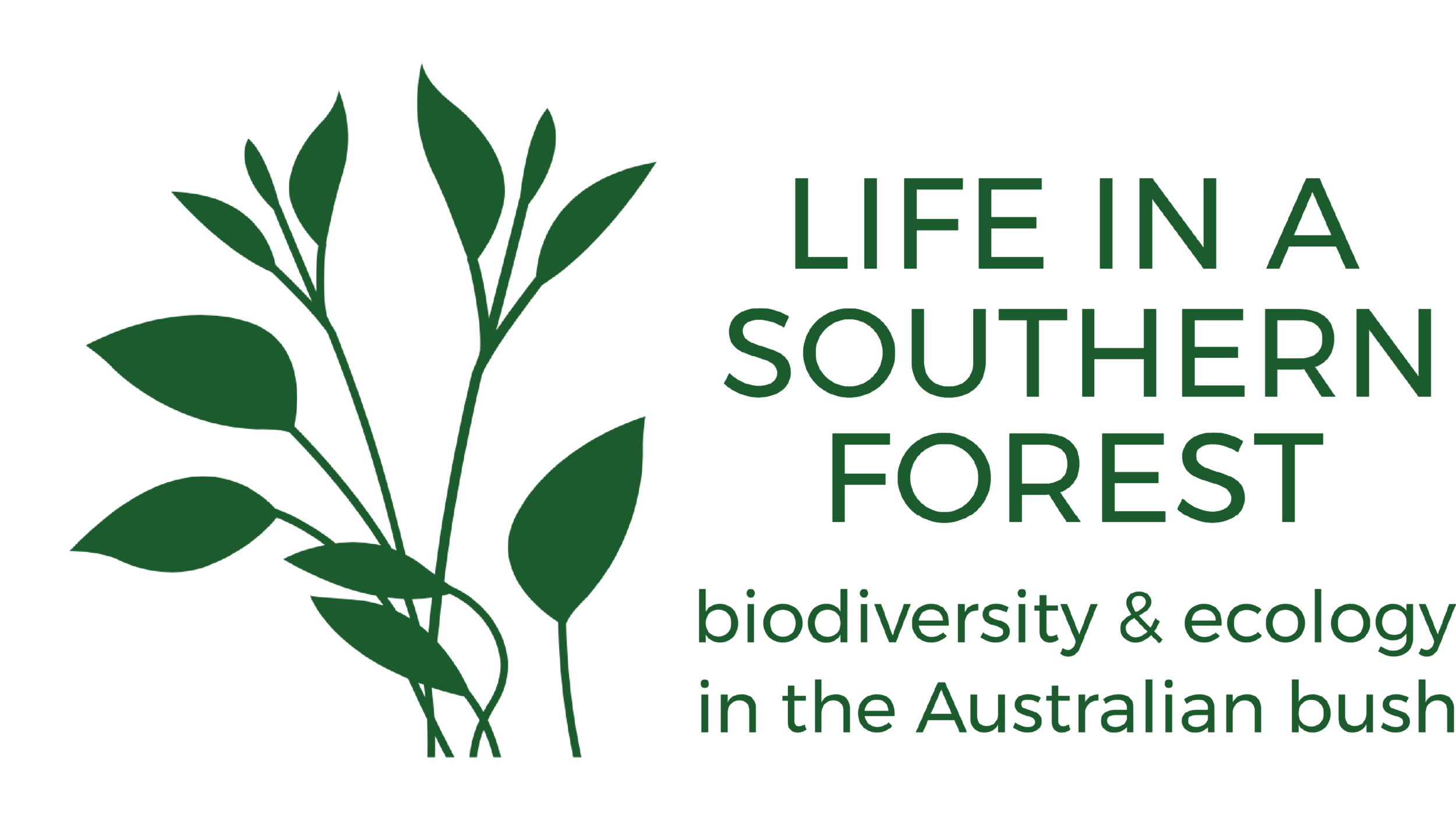Torbia, Phaneropterinae

Workbook
Characters of subfamily Phanteropterinae
from Rentz A Guide to the Katydids of Australia p.162
head rounded, not usually slanted or frontally flattened
fore tibia in section square, especially apically
pro sternum unarmed
ovipositor variable in size and shape but usually sickle-like
Genus Torbia
From Rentz, D. A guide to katydids of Australia. p.180
The genus is easily recognised by the flat dorsal surface of the pronotum and the broad lateral lobe which is nearly as long as the dorsal length of the pronotum itself. The thoracic sterna are narrow and laterally compressed with the meso- and metathoracic lobes longer than broad.
Torbia perficita
From Rentz, D. A guide to katydids of Australia. p.180
The largest Torbia species - found along the east coast from tropics to Victoria. Found in moist eucalypt and mixed woodland forests, where it spends the day high in the trees. Readily attracted to ligths at night.
Apart from its large size, it is distinctive in having the veins of the tegmina strongly indicated both in structure and emphasised by colour. The posterior margi of the pronotum is well produced. There is a pinkish-purple mark on the thorax which is very prominent.
from Brunner von Wattenwyl 1878
(called Dictyota pruinosa)
p.22, 199, 200, 201
Large size. Dark green. The whole head and pronotum, as well as the base of the elytra and the whole femora covered in a white? membrane. Lateral lobes of the pronotum “rugis transversis scabris”.
Elytra distinctly lancelate, widened in the medial part, with an acuminate apex, transverse veins in the marginal region are dense. Small anterior coxal spine. Posterior femora thin.
Body length measured - about 40mm.
Brunner von Wattenwyl 1878 fig. 58. Torbia perficita female
Images below of a male collected on moth light sheet on 3-4 April, 2019
This is a workbook page … a part of our website where we record the observations and references used in making species identifications. The notes will not necessarily be complete. They are a record for our own use, but we are happy to share this information with others.

